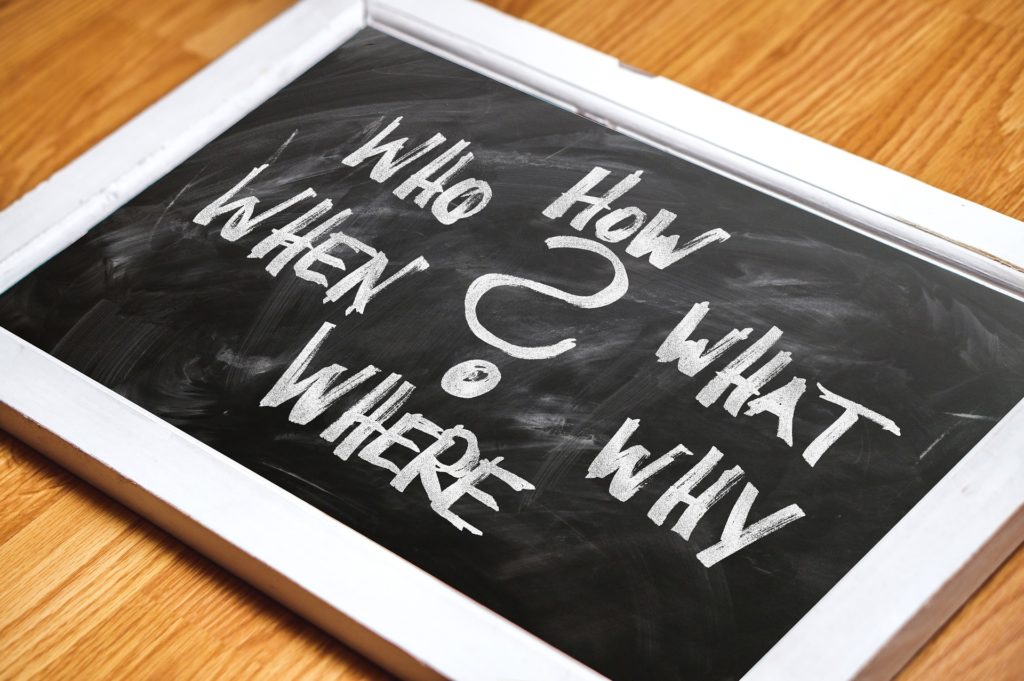Happy New ????
Today is the end of an era. 2017, the year that brought us plenty of things we’d probably rather forget about as well as some that we can only hope might lead to more positive changes in the future, takes its final bow tonight. Another year, another rollercoaster of encouraging and depressing events which I’m not even going to attempt to summarise here, because basically all that the online news sites and major TV channels are going to be doing for the next 12 hours is exactly that.
I’m also not going to turn this into a ‘this year, I have learned…’ post, because I’m certainly not going to kid myself into believing I’m so desperately interesting that a lengthy self-analysis is going to entertain anyone at all, myself included. But there is one thing that this year has taught me that I think might be of use more broadly as the new year hovers on the horizon. It is the art of being more thoughtful.

The ancient Greek for ‘thoughtful’, you may or may not know, is ‘skeptikos’. (‘Skeptesthai’ apparently means ‘to consider’ – just ask Chambers, who helpfully provide such details.) And it is from these two words that we derive our own type of thoughtfulness known as scepticism. I’ve been reading quite a bit about scepticism recently, and it’s not in fact the Eeyore-ish attitude that you might think. Rather, sceptics doubts things that they cannot know for sure, or cannot find a means of proving. They are doubtful not because they aim for a glass-half-empty approach to life (they are not pessimists), but because they refuse to simply believe on trust. A sceptic won’t believe you if you claim your presents came directly from Santa Claus, unless you have evidence that they did so. And if you do, they will nod contentedly and leave it at that. (Well. They might ask for his direct line to ensure priority booking for next year. They’re not entirely without self-interest.)
What does this have to do with the imminent arrival of 2018? Navigating the constant swirl of news stories, real and fake, the confirmation bias ‘bubbles’ of social media, the scandalous revelations around celebrity bad behaviour, it is easy to get swept along in a tide of ‘knowing’ without actually, if we’re really honest with ourselves, knowing anything concrete at all. We’re all busy. We don’t have hours every day to check each source and footnote to ensure that all our information is accurate. Scepticism takes time, and time is something that most of us feel is in ever-shorter supply.
But without taking the time to check, we cannot be sure that we are really in command of the facts. And if we don’t really know whether or not our pleasing little sound-bytes are actually legitimate, it is all too easy to end up advocating and sharing information which, even if we don’t mean it to, misleads others who also don’t check their sources. (McDonalds are doing quite a neat job of demonstrating this in their most recent adverts for nuggets.) And there’s a certain big red bus with a nifty message about the NHS which I believe quite a few people are kicking themselves for taking at face value.
We are fortunate enough to live in a democracy. However flawed a system the UK’s democratic set-up might be – and goodness knows it’s not perfect – the great strength of democracy is the responsibility it places upon its own citizens. If ‘we the people’ are in a position to elect representatives, we need to know something about those whom we might choose to nominate. The burden is upon us to do the research. It’s time-consuming, and often confusing, and frequently brings conflicting accounts to the surface. But it is also a strong tool, if we are all prepared to be a little more sceptical – of things we immediately react to as being bad or good propositions – and think a bit harder about what we really know.
And scepticism is not just a useful attitude when it comes to politics, either. Restaurants, movies, concert performers… I’d far rather you told me that you thought a famous performer (or movie, or indeed restaurant) was rubbish having actually heard them, than simply parrot an opinion inherited from others because it’s what one ‘should’ think. So as you raise your glass as the clock strikes midnight, and consider the prospect of a brand new year, by all means think of all the new stories that lie ahead. But don’t forget the questions you should ask along the way, too. There are so many exciting things still to learn, a little time taken to explore the validity and accuracy of the new is never wasted. Then again, if you’re a sceptic already or, if this post has by some happy chance persuaded you, you’ll know how it’s got to end. Perhaps you think what I’ve written here is useful advice. Perhaps not. But don’t, whatever you do, just take my word for it.

